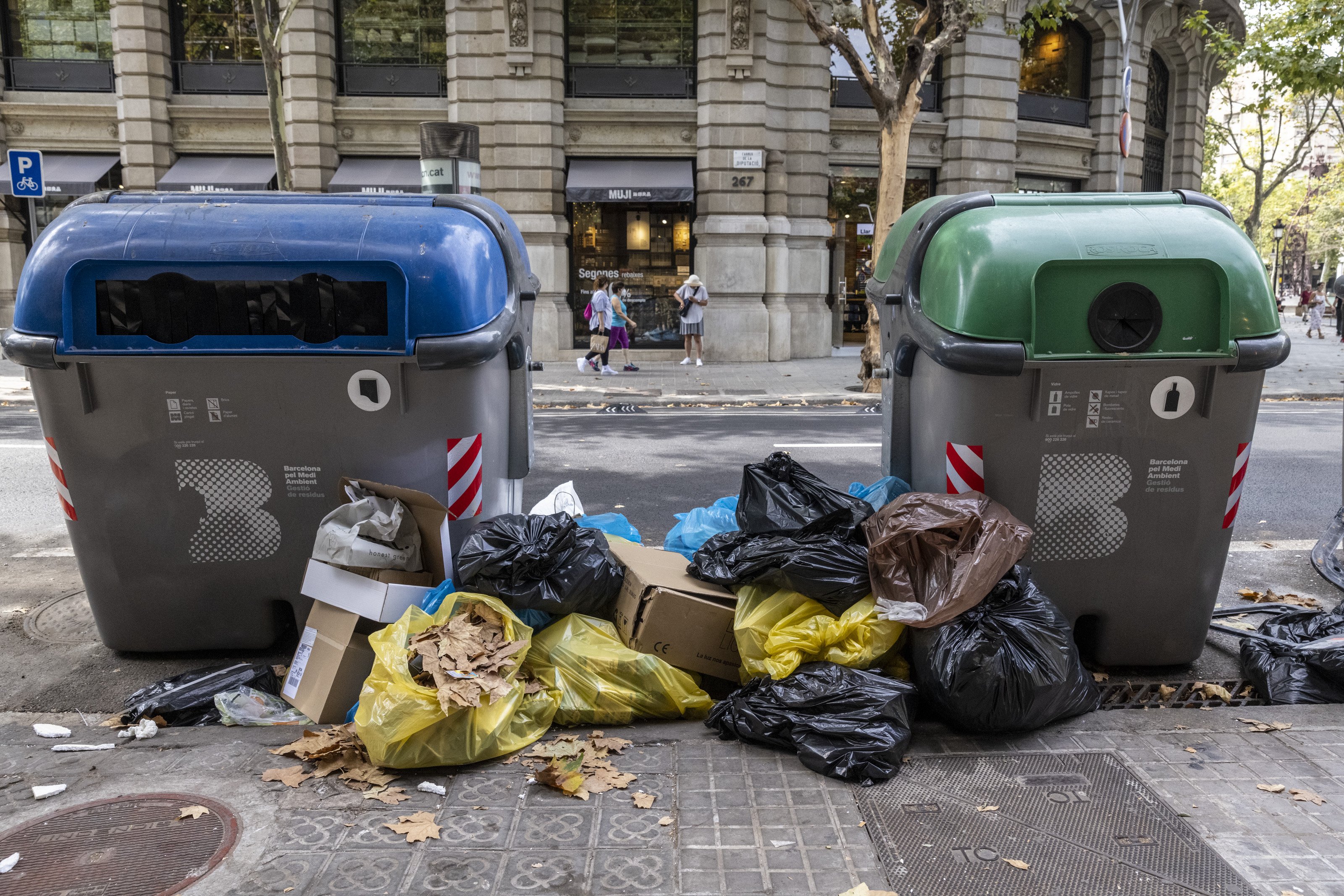"How Barcelona lost its way". That's the title of an extensive report just published by the Financial Times, the leading British business newspaper, which takes a deep dive into the economic and even emotional situation of the city of Barcelona to verify that the Catalan capital is currently in a situation of decay caused, among other factors, by the management of mayor Ada Colau, but also by political instability and the flight of companies provoked, according to writer Barney Jopson, by the independence process, with a principal destination, the city of Madrid, which has won the economic pole position to the detriment of Barcelona.
With statements from businesspeople, politicians - including mayor Colau herself, as well as Xavier Trias, mayoral candidate for Together for Catalonia, and Salvador Illa, leader of the Catalan Socialists - and also residents, the report by Jopson, who is the Financial Times correspondent in Spain and Portugal and based in Madrid, explains how Barcelona has lost momentum in relation to the Spanish capital. "It has lost its way, it has lost its energy", says the reporter, asserting that this is the impression of many residents, who "regret that something is going wrong", and listing the well-known litany of problems - "street robberies, litter-strewn avenues and clogged traffic, or a lack of new infrastructure and cultural attractions”. In fact, he recalls how the city council's own surveys reveal that the main problem for the city is "insecurity".
The author himself notes that for businesspeople, "the cause of the city's ills" is found both in the pro-independence movement and in the management of Ada Colau, defined as "a leftwing former activist running for re-election this year” with a reputation as “an enemy of enterprise and growth”. And that Barcelona maintains "inbuilt advantages" such as the climate, beaches, "skiable mountains nearby", the medieval architecture and Gaudí's modernisme, but that in recent times it has stopped "reaching its potential", with examples such as the rejection of the expansion of the airport or the 'no' to installing a branch of Russia's famous Hermitage museum. Parliamentary opposition leader, Salvador Illa, of the Socialists, tells the FT that there has been a "lost decade" in Catalonia
Colau defends herself
The mayor of Barcelona also gives her views in the Financial Times report, asserting that her management has managed to tame the "capitalism run amok" that she inherited in 2015 from Xavier Trias: "We are no longer in a city that is only betting on real estate speculation, full of cars and pollution, with tourism out of control", affirms the mayor, adding that her administration has "restored order". The report, which includes the latest survey results but does not mention the latest crisis caused by the boycott of Tel Aviv, remembers that Colau "occupies second or third place in the race for mayor with around one-fifth of the vote".
As for Trias, he is presented as a "pro-business candidate" for municipal leadeship and the author quotes him as saying that there are "two Barcelonas", that of the city-break foreign tourists who "visit, are delighted and leave" and that of the locals, which is a "disaster". "They remember a Barcelona that generated excitement. Now it no longer does", points out the Junts candidate as a reflection of a Barcelona that, according to this analysis from the Financial Times, "has lost its way".

